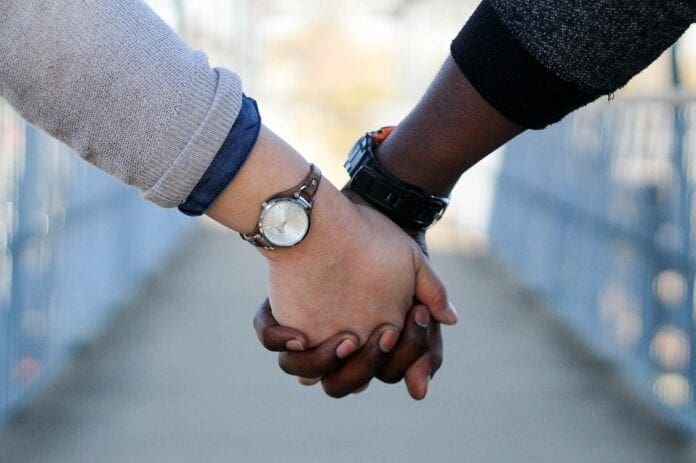I’ve been reading “Me and White Supremacy,” a book by Layla F. Saad.
I asked on my Facebook account if anyone would be interested in reading the book with me, expecting maybe five or six responses, and now I’m looking at a list of 70+ names. The response changed the way this whole thing looked in my head, but, even more so, it was wonderful for me to realize that there were so many people who were eager for the chance to work on themselves and their complicity to white supremacy.
White supremacy. Those two words hit with a sting. My experience with it is that people are ready to fight or flee when they encounter it. I mean, who wants to admit to being a white supremacist? I mean, the stereotypes have them as being bald, tattooed with Swastikas, mean people who are members of hate groups such as the KKK. No one who isn’t wants to be identified that way, right? But the truth is, white supremacy is the fabric of our country.
White privilege. My go-to saying about white privilege is that if you want to see a bunch of middle-aged upper middle-class white people lose their grip, put them all in a room and talk about white privilege. Whew. That phrase really grates people and often leads right to witnessing our white fragility.
We, as white people, easily become upset when it’s even suggested that we think about something race related. The defensiveness and the anger come lightning quick. We’re fast to declare that we are not racist and we love black and brown people. We talk about our black friends and our bi-racial relatives in an effort to prove that we don’t see color. But we don’t want to slow down long enough to understand that pointing out parts of our culture and ourselves and asking ourselves to do better isn’t an attack; it’s a simple acknowledgement that we can – and should – do better.
Defund?
These days, it seems as if we can be easily offended and unnerved by most things. We are interested in the headlines but don’t want to take the time to subscribe to the story. And there are words and phrases that immediately make us decide whether we’re in or out. Lately, I’ve found myself attempting to explain what parts of the movement mean that is calling for the defunding of police. The headlines read “defund police” and the comments begin to read, “They want anarchy? Let them have it.”
But that’s not what it means. What it means when I say it is a divestment of funds from the police department to things such as social workers, drug and addiction specialists, schools, etc. It would provide communities with trained professionals dealing with things that aren’t the police officers’ jobs.
Let’s think for a minute about the calls that come into police dispatch that really shouldn’t require a police officer. Like … someone preparing to jump off of a bridge. There is no one to call but 911, right, but are they the best qualified people to respond? What if a mental health expert handled that emergency with police backup? To me, that makes more sense.
If drug and addiction specialists were on call, they could respond to overdoses rather than the police, as another example. And what if the divested funds provided a treatment center with available beds?
No Other Options
We get so caught up in words and wanting to not feel uncomfortable that I feel as if we miss out on so many opportunities. Change isn’t always bad and letting go of old and outdated ideas and structures should be celebrated if it increases the good in communities. All this talk lately of “but it’s our history!” And “we can’t let them destroy our history!” Well, y’all, there are so many parts of our history that does not need to be repeated solely because we are ego-driven and refuse to look at things another way.
I don’t know anyone personally who wants to completely do away with the police and law and order, but I know quite a few who think the way it’s utilized can be improved. I would imagine that officers sometimes know that law enforcement is not what’s needed in response to a call, but what other options do we have right now within this system? None. 911 goes directly to first responders. I would think that they would support a movement that allowed them to focus on what they are trained for, but I could be wrong.
Read an article. Read a book. Research before you react. There’s so much we have to say, but we have to stop letting the words get in the way.
Onward,
Amy Jo


